Guest Author: Warren Rochelle
Warren Rochelle stopped by the blog today for some good ole Q&A on world building, favorite works, and his writing process. Thanks for stopping by, Professor!
AQG: So, tell us three things about your worlds that your readers love!
WR: The first thing that comes to mind would be what I call the intersection of the magical and mundane. By mundane, I mean stories in which the characters exist in worlds the readers know. For example, my novel, Harvest of Changelings, is set in the Triangle region of central North Carolina. Characters walk (or run, if the bad guys are after them) down real streets, drive real cars. Yes, there is some fictionalizing, a few name changes, but not very much. By magical, I mean that in this mundane world the characters encounter witches and dragons and spells and charms. Reality is not as it seems. This intersection fascinates me.
The second thing, which could be an extension of the first, is that as the characters deal with magical bad guys, they also deal with issues of the mundane world, such as learning disabilities, and abusive parents. To me, this makes the world richer and the characters far more human.
The third thing that comes to mind is an attention to detail on multiple levels. A few examples: if there are two moons, then there needs to be two tides, the correct spelling of 7-Eleven, and so on.
AQG: What are your biggest challenges when it comes to world building?
WR:
- Getting the details right!
- Finding the answers to get those details right.
- Remembering the details. By that I mean once something is established as part of the world, I have to make sure that this is maintained throughout the story and not forgotten or let slide.
- Telling the truth.
AQG: What are some lessons you’ve learned in your writing journey?
WR:
- To take my time. Yes, deadlines must be met, but stories tend to have their own time and I try to plan ahead if I am on a deadline, so that the story can do the gestating it needs. Alas, this doesn’t always work.
- Stories and novels need many, many, many drafts. The stories that come completely formed, like Athena from the head of Zeus, are rare indeed.
- To remember what one of my first writing teachers told me: to get out of the way of the story and let the dream tell itself to me.
- And to not give up. The publishers of my four novels have all, sadly, gone out of business. But I keep writing and sending things out. Besides, I would be a lousy plumber.
AQG: What are your three favorite sci-fi/fantasy book books, movies, or TV shows?
WR: Just three?
- The first book that I think of is A Wrinkle in Time. I reread it every so often.
- Neverwhere, by Neil Gaiman. I am quite fond of Richard Mayhew.
- The Dispossessed, by Ursula K. Le Guin. I love Shevek.
- And …. Okay, just one more, Battlestar Galactica (2004-2009).
AQG: What would be your top three examples of stellar character development?
WR:
- Shevek is a character whose growth and development I find fascinating and believable. He has core truths to which he remains faithful, but he is forced to grow and change as his life demands, and he chooses to grow and change and mature as well. His growth is complicated, contradictory, and sometimes ambiguous and confusing—as it is for most of us.
- I hope it is okay to use my own characters here. (AQG: Yes, please!) Given that, I would mention my character, Russell White, in Harvest of Changelings and The Called. When readers first meet Russell in Harvest, he is around 12 years, and in the fifth grade (he had to repeat kindergarten and first grade). He has a learning disability and an abusive father. Russell’s stepmother hates him. His mother abandoned him when he was little, choosing to taking his younger brother with her and not Russell. Russell is angry. But, when he comes into his magical powers and makes friends, especially Jeff, he begins to slowly grow out of the desert of his early childhood. The reader gets to experience Russell’s development, which is sometimes ragged and uneven, with lapses, as it would be for almost all of us. Russell makes peace with, and learns to live with, his past. However, he still has to deal with its shadows.
- I had thought, briefly, to discuss the development of Jeff Gates, who becomes Russell’s best friend in Harvest. Like Russell, he almost must grow out of the desert of his childhood—in his case, sexual abuse by his father. But I am thinking maybe this question is meant to be about characters more familiar to the general reader. In that case, I think J.K. Rowling did a fine job developing Harry’s character through the seven novels in the series. We get to experience Harry’s growing up and coming of age. We see Harry as “tween” who sees the world as more black and white than it can be, as a snarky teenager, as a young man accepting his destiny, as an adult, with a family.
AQG: What would be a few fun facts readers would discover in your own work?
WR:
- Depending on which novel you read, the reader gets to learn odds and ends and fun facts about North Carolina and Virginia. Some of the haunted places, or those associated with magic, are where important scenes take place, such as the Devil’s Tramping Ground in NC.
- Many of [my characters]—maybe most, if not all—are Outsiders.
- Being gay is often associated with being magical.
AQG: How are your worlds similar, or conversely, dissimiliar to the real world?
WR:
The Wild Boy, my first novel, is set mostly in the ruins of 22nd-century Greensboro, NC. Readers will find familiar names and places and the same time, find themselves in a future world that is very different from the real world.
Harvest of Changelings and The Called, my second and third novels, are set primarily in the Research Triangle area of central North Carolina. The Werewolf and His Boy is set primarily in central Virginia. Like The Wild Boy, readers will find familiar names and places, and they will find these familiar names and places are also magical—they are different in a fundamental way.
The histories of each of these worlds are parallel to the real world. For example, in our world, the US Civil War is fought between the North and the South, the US and the CSA. In the world of The Golden Boy,one of my current works-in-progress, there is no US, rather there is the Columbian Empire, whose history often parallels that of the US. The Columbian Civil War is fought between the Emperor and Parliament.
AQG: What helps you write what you do?
WR: In no particular order: reading a lot of speculative fiction, particularly fantasy, reading and studying the building blocks of fantasy, including mythology, magic, and religion. I also find it helps, if I can, to go where the stories are set.
AQG: What do you look for in cover design?
WR: What do I look for in cover design? So far, my control over how the cover looks has been limited. Given that, what I look for, and what I have suggested for inclusion, is an iconic image of some kind: of the characters, who they are, how they are together—something that says these are the people I created, or a particular place that, in somehow, typifies where the novel is set. I want to look at a drawing of a particular character and say, yes that is how they could look.
AQG: Describe your writing process! Do you set goals for yourself? Where do you write? Is there a time of day that works best for you?
I have as an ongoing goal, to write every day. Sometimes I stretch that to include reviewing and rereading and revising the previous day’s work. But, alas, given how busy things get during the school year (I teach creative writing at the University of Mary Washington), sometimes this goal—more often than I like—is not met. But it is always there and I can tell when I have neglected my daily time at the keyboard or at the desk for revisions. I feel somewhat out of sorts, as I am not quite connected to the universe. Something is missing.
I write in my study, although when I travel, I take a notebook for inspiration or sudden ideas. I often take a work-in-progress. I keep note paper on the night table by my bed. When I am in the middle of a project, I find myself living, at least partially, in this other world. Thoughts, connections, aha! moments, will arise out of the story cauldron unbidden.
Mornings are best, but I find it more productive to just write, regardless of time of day, and to be satisfied with just one paragraph.
About Warren Rochelle
Warren Rochelle has taught English at the University of Mary Washington since 2000. Rochelle’s short fiction and poetry have appeared in various journals, including the North Carolina Literary Review, Forbidden Lines, Aboriginal Science Fiction, Colonnades, Graffiti, Collective Fallout, Queer Fish 2, and Icarus, as well as the Asheville Poetry Review, GW Magazine, Crucible, The Charlotte Poetry Review, Second Hand Stories, and Romance and Beyond. His short story, “The Golden Boy (published in The Silver Gryphon) was a Finalist for the 2004 Gaylactic Spectrum Award for Best Short Story. His most recent publication, “Luck,” came out in Fae Wings and Hidden Things in July 2017. His short story, “Mirrors,” a gay-themed retelling of Beauty and the Beast, is forthcoming in the Cuil Press anthology, So You Think You Know Love.
Rochelle is the author of four novels. The first three, The Wild Boy (2001), Harvest of Changelings (2007), and The Called (2010), all published by Golden Gryphon Press. His fourth novel, The Werewolf and His Boy, was published in September 2016 by Samhain Publishing.
Titles by Warren Rochelle:

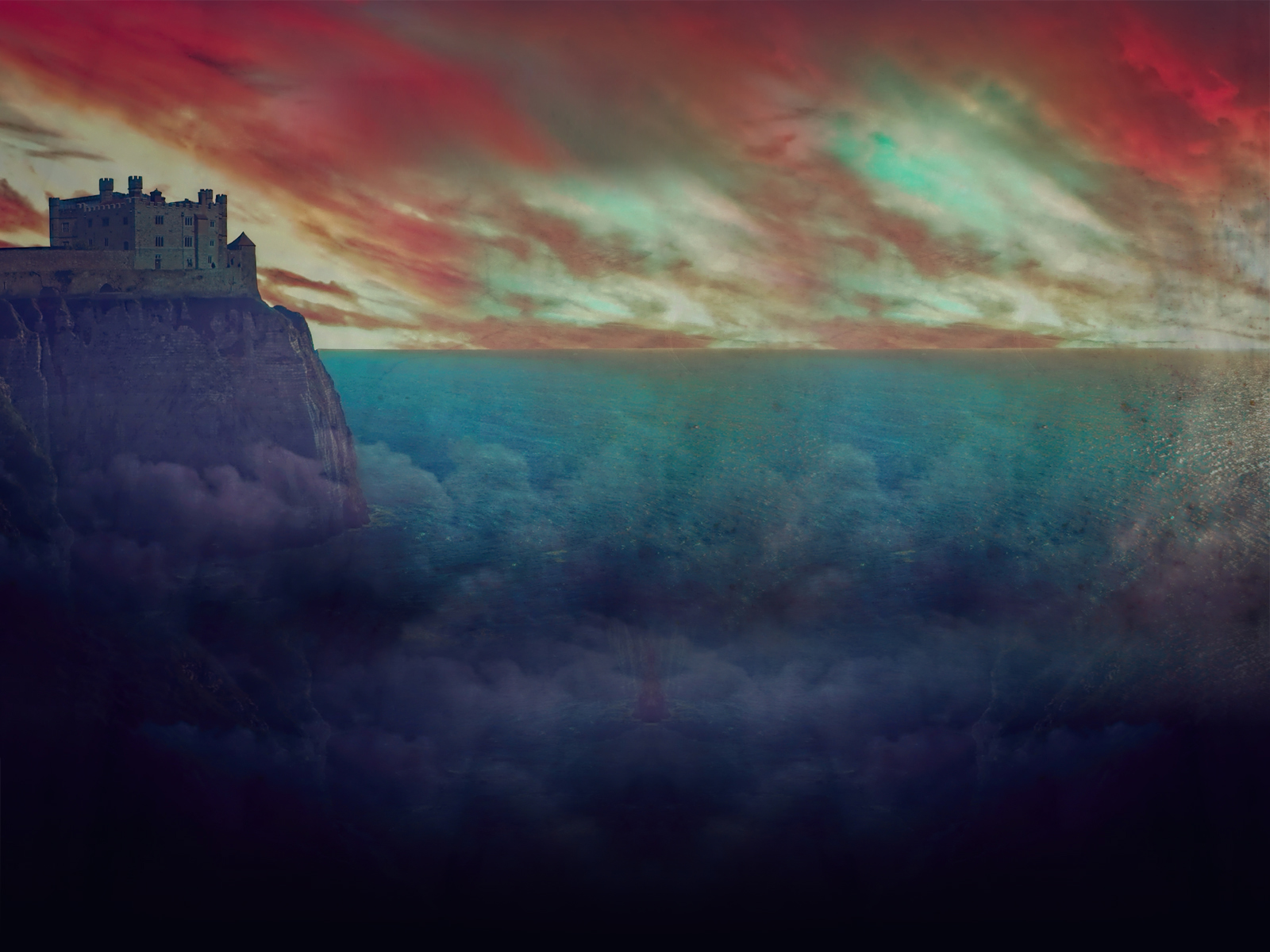

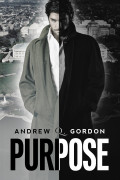
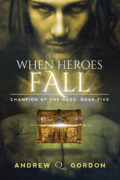
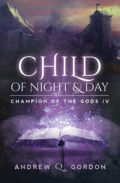
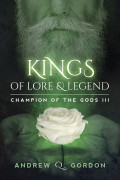
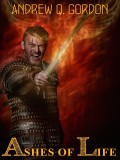
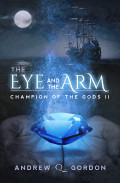
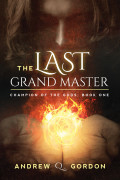
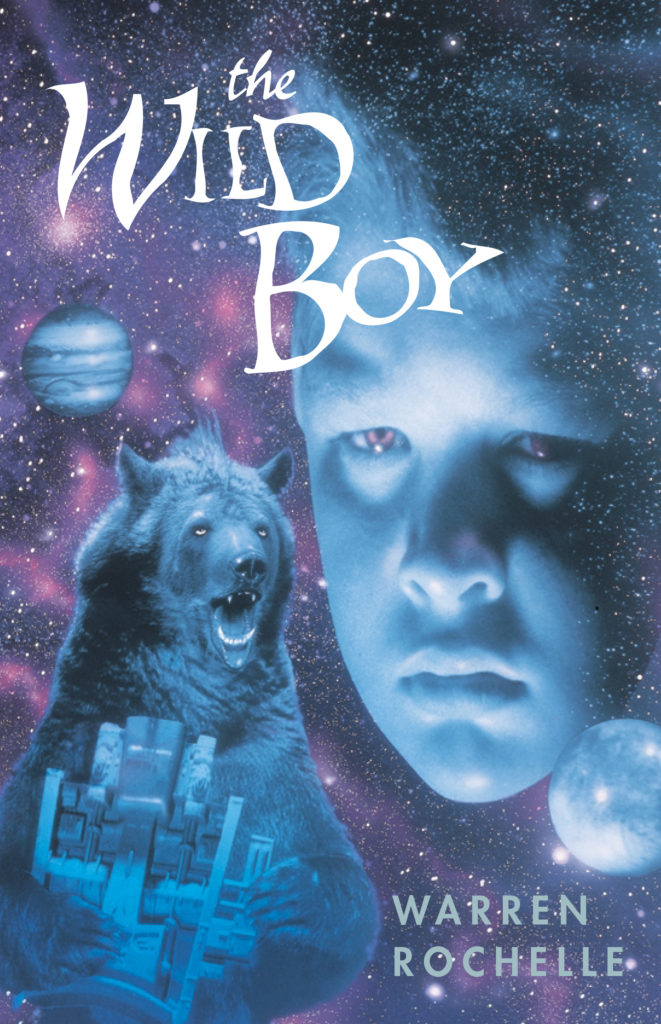
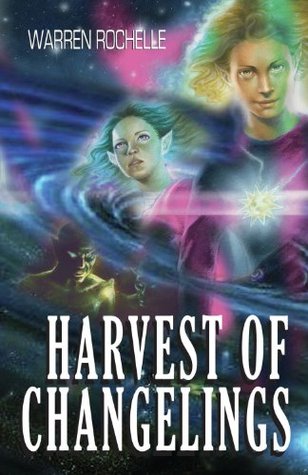
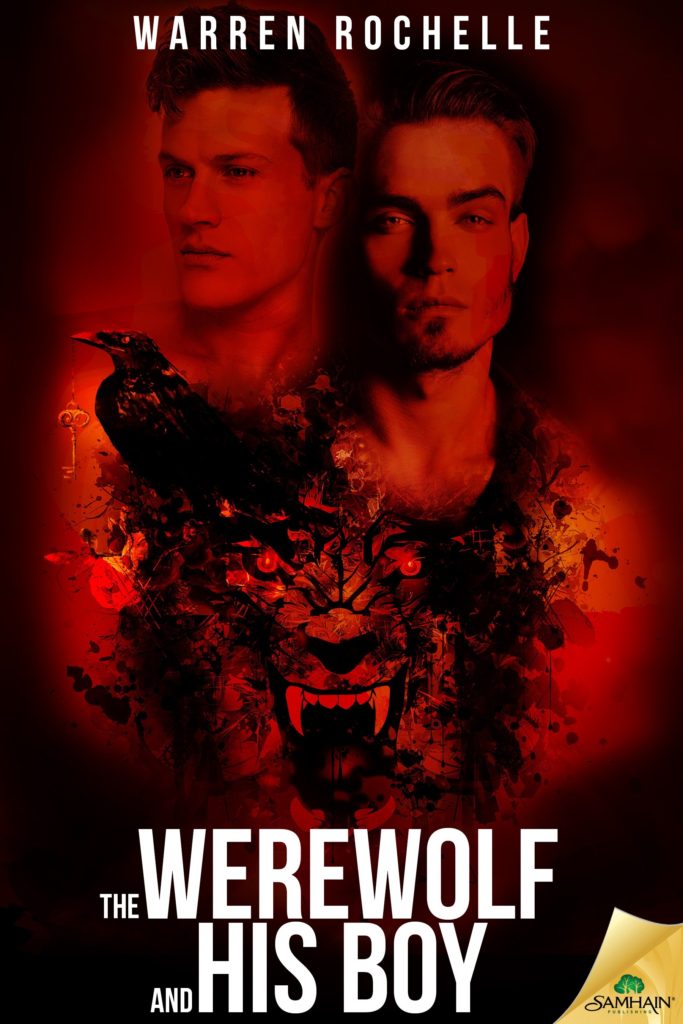

June 5, 2019
Dear Andrew Q. Gordon and Claire Brown:
Thank you so very much for the chance to share my thoughts about writing and my fiction on your blog. It looks great! I have posted links in various places (and multiple times) to share and spread the word!
Thanks again,
Warren Rochelle